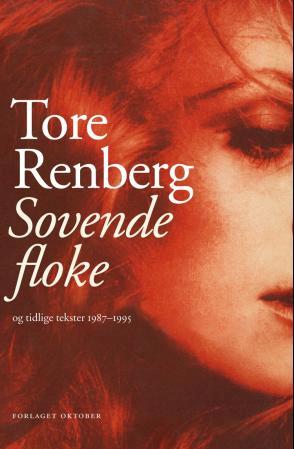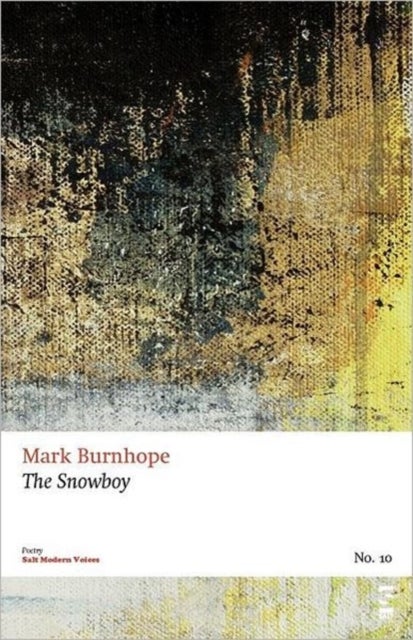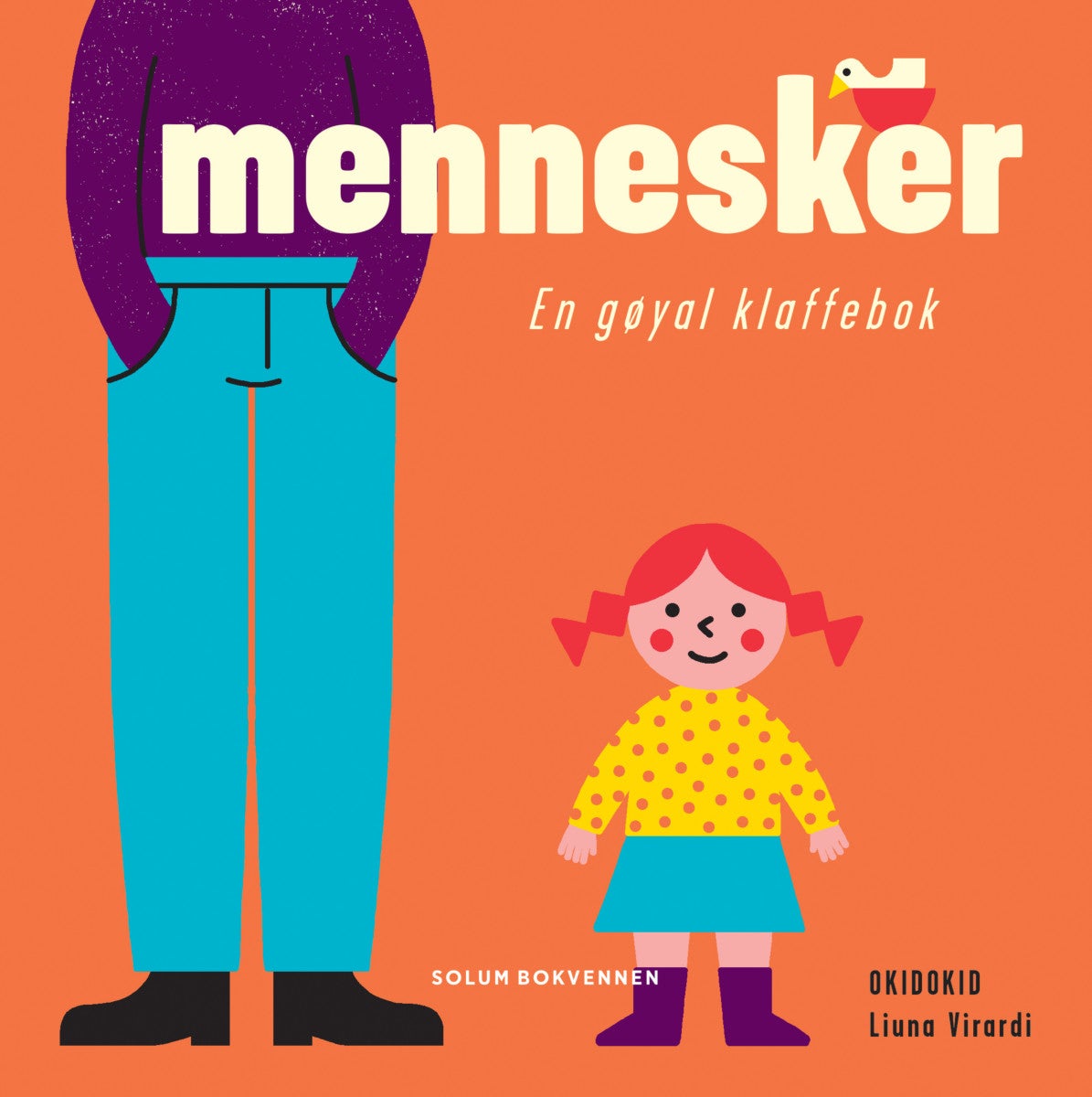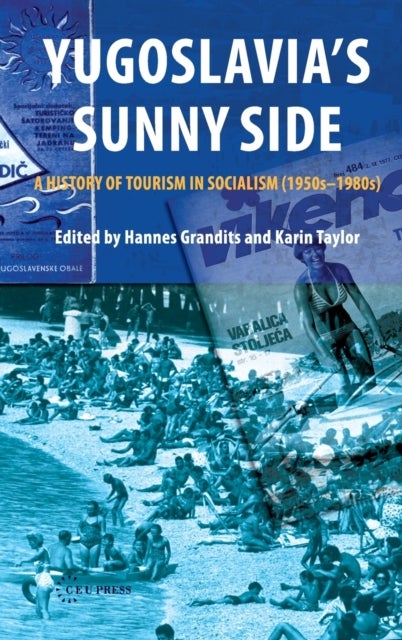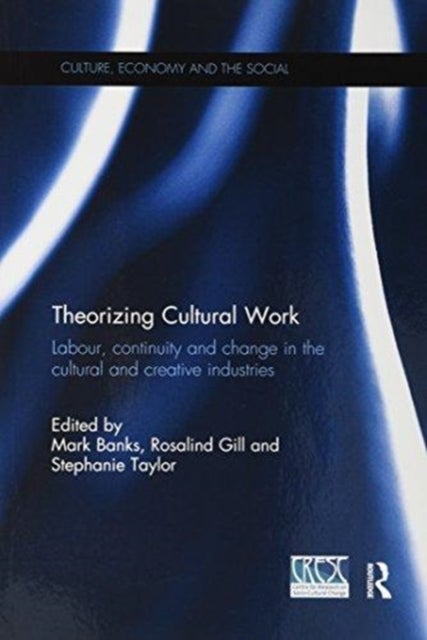
Theorizing Cultural Work
559,-
<P>In recent years, cultural work has engaged the interest of scholars from a broad range of social science and humanities disciplines. The debate in this ¿turn to cultural work¿ has largely been based around evaluating its advantages and disadvantages: its freedoms and its constraints, its informal but precarious nature, the inequalities within its global workforce, and the blurring of work¿life boundaries leading to ¿self-exploitation¿.</P><P></P><P>While academic critics have persuasively challenged more optimistic accounts of ¿converged¿ worlds of creative production, the critical debate on cultural work has itself leant heavily towards suggesting a profoundly <I>new</I> confluence of forces and effects. <I>Theorizing Cultural Work</I> instead views cultural work through a specifically historicized and temporal lens, to ask: what novelty can we actually attach to current conditions, and precisely what relation does cultural work have to social precedent? The contributors to this vo


